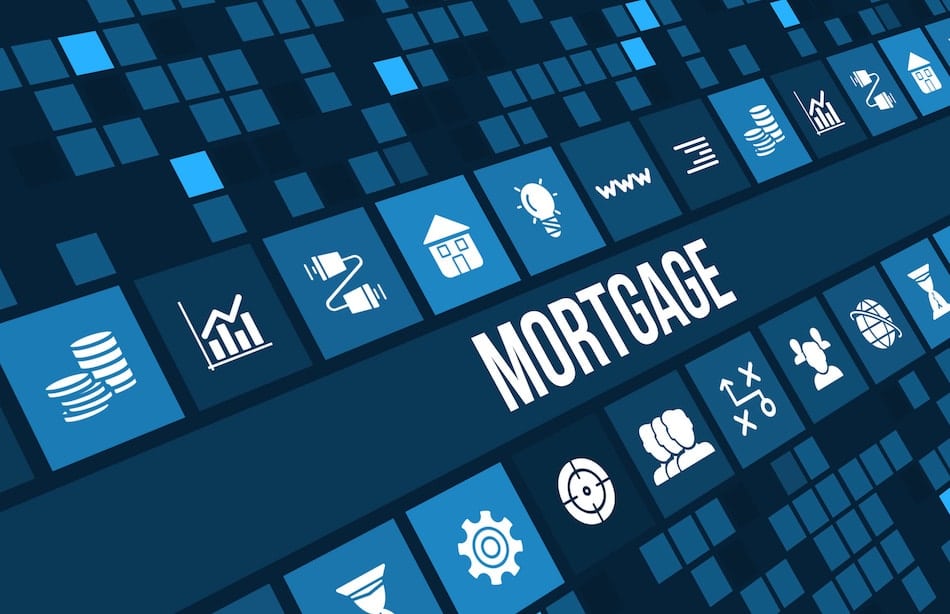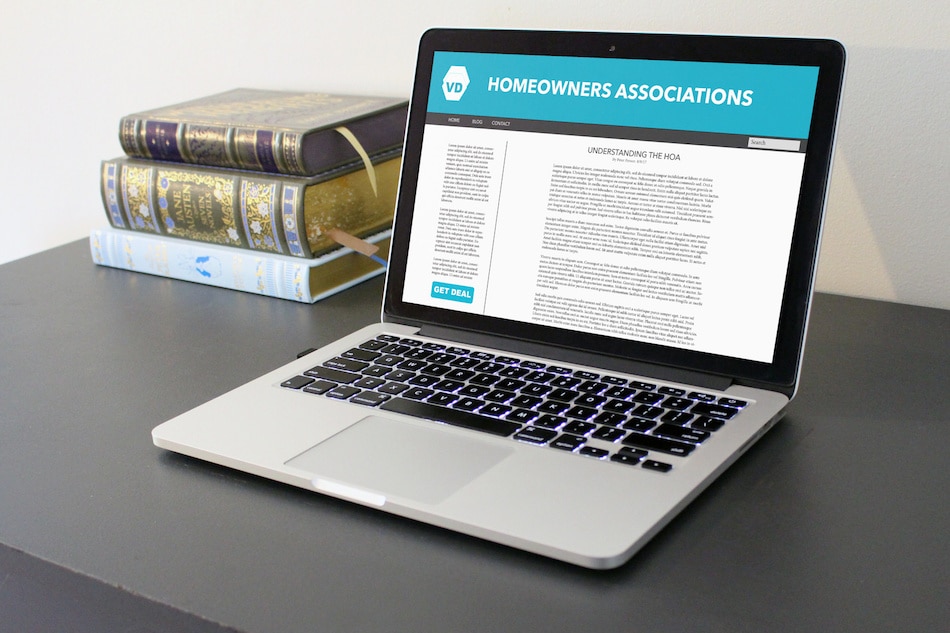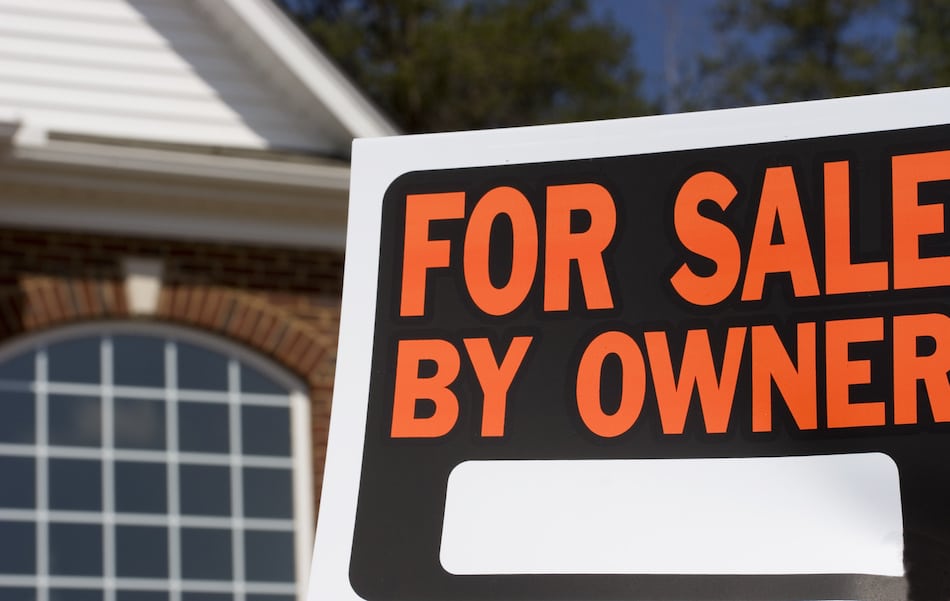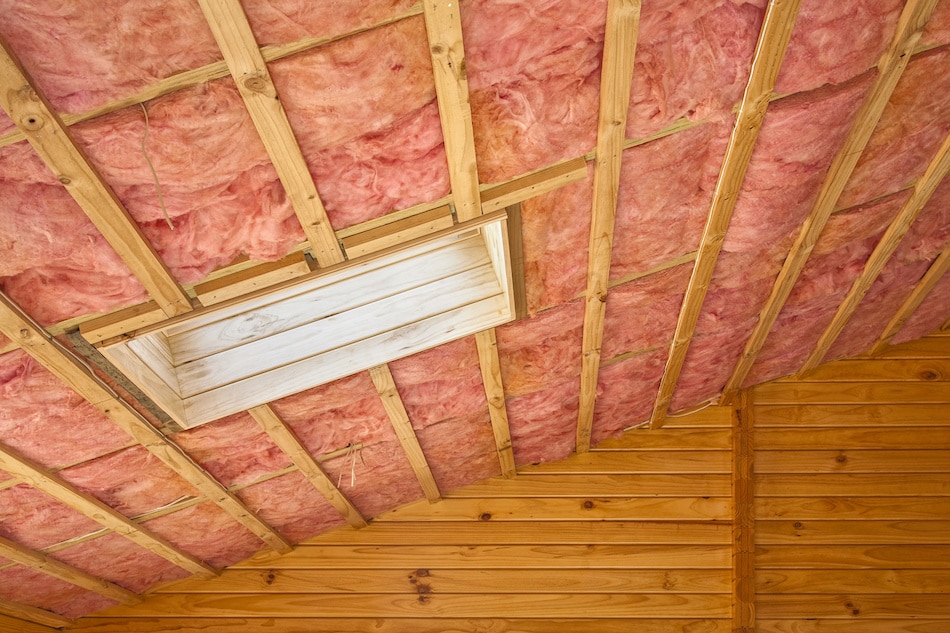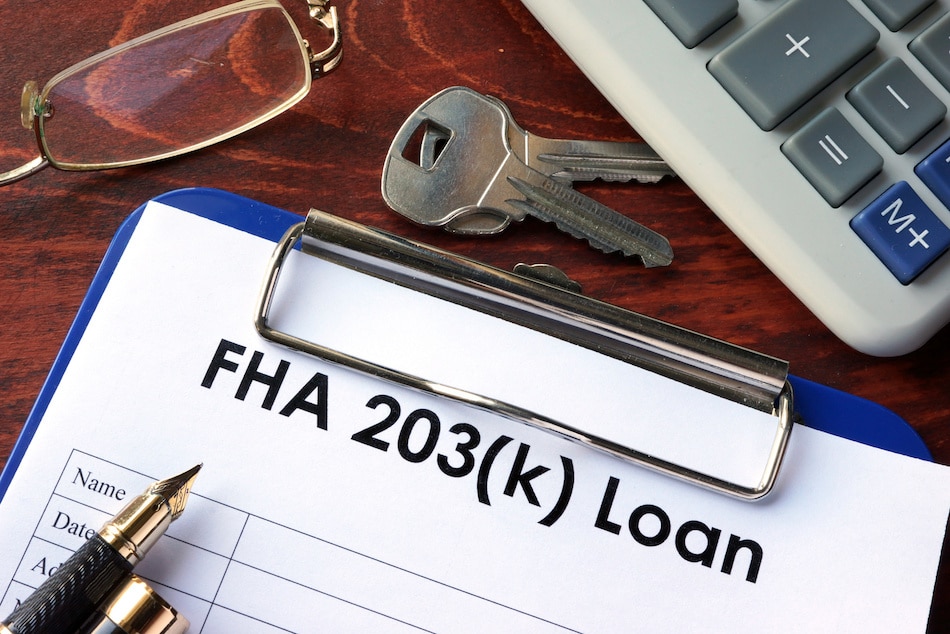
4 Things to Know Before Buying a Short Sale or Foreclosed Home
 Whether it’s due to a tight budget or just from trying to save a little money, some home-buyers like to hunt for a great deal on a home, even if it needs a little work. For prospective homeowners who may be concerned about budget, buying a foreclosed home or buying a short sale home may be a viable consideration. But how does buying a short sale or foreclosed home work?
Whether it’s due to a tight budget or just from trying to save a little money, some home-buyers like to hunt for a great deal on a home, even if it needs a little work. For prospective homeowners who may be concerned about budget, buying a foreclosed home or buying a short sale home may be a viable consideration. But how does buying a short sale or foreclosed home work?
Here is what you need to know before you start looking to buy short sales or foreclosed homes.
For informational purposes only. Always consult with a financial advisor before proceeding with any real estate transaction.
The Difference Between Short Sales and Foreclosures
While short sales are similar to foreclosures and are often lumped together, but there are some key differences between the two as well as other misconceptions that that interested buyers need to know before investing. Here are the facts about short sales and foreclosures:
What is a Short Sale?
- Short sales are the result of when the property owner owes more on the mortgage than the market value of the property.
- The property owner still owns the home, unlike in a foreclosure.
- “Short sale” does not refer to the amount of time it takes to close on a home, and a short sale can sometimes take six months to a year to close.
What is a Foreclosure?
- A foreclosed home belongs to the entity that holds the home’s mortgage, which is often a bank, instead of the homeowner.
- Foreclosed properties have been taken back by the lender due to the owner being unable to pay the mortgage.
- Foreclosures are often purchased at an auction sight unseen rather than through a real estate agency that allows buyers to see the home first.
Buying foreclosures and short sale homes can be very different from buying a home regularly. Especially when it comes to buying a foreclosure, home buyers should be sure they know how to buy a foreclosed home before planning to attend an auction.
The Person Making Decisions is Not the Homeowner
When you buy a home in the typical arrangement, you are usually dealing with one or two homeowners with a shared interest. With a short sale, the homeowner still owns the home. However, since the sale price is less than what is owed on the mortgage, the bank(s) have to agree on the offer before the homeowner can accept it.
In the case of a foreclosed home, the bank holds all the cards. This means that you cannot negotiate with a homeowner in the way you would normally to reduce the price, sweeten the deal or even make sure that contingencies brought up in the home inspection are met. A seller for a short sale has many more people to run your offer past, and banks usually sell foreclosed homes as-is.
More than One Bank May Have Decision-Making Power
With short sales in particular, complication starts to rise with the number of banks involved. It is quite common for a homeowner to have a primary mortgage with one lender, and a second mortgage with a second lender. Both lenders have decision-making power about the offer you make.
There is a distinct possibility, even a likelihood, that one bank will accept the offer while the other does not. If you want to buy a foreclosed home that is already owned by the bank, be prepared to get mortgage pre-approval, and submit it with the offer. Otherwise, your offer may not be considered at all.
Short Sale Buying Process Takes Longer
Buyers interested in a short sale home need to know how to buy a short sale home, and that process is different from the normal home buying process. Since there are so many additional factors involved with buying a short sale or foreclosed home, the process may take a significant amount of time—responses within weeks is not uncommon, particularly with short sales.
It is sometimes best to treat the buying process as you would in an area with hot real estate and plenty of bidding wars: assume that your offer will probably not be accepted and keep your eyes open for other possible options.
If you submit an offer and wait for a month or two, and the banks are not biting, do not hesitate to withdraw the offer and go elsewhere—assuming your original offer allows you to do so. Conversely, some buyers hit on a sale that is ready to go within weeks or even days.
As a result, you must be prepared to close the deal as soon as possible, if the banks approve.
A Great Home Deal Depends on You
A lot of people like to purchase homes in short sale or foreclosure because it usually allows them to pay considerably less than they would otherwise. However, this calls for a lot more work on the buyer’s part, including:
- The time to thoroughly investigate more homes
- Additional funds to make repairs, upgrades and improvements
- The initial work to fix damage in a long-unoccupied house
This is even more true for buyers who intend to flip the home in a short period of time. Once you are the owner of a foreclosed home, all of the defects in the home, whether they result from normal wear-and-tear or outright neglect, become your responsibility. This underscores the importance of getting a thorough home inspection before you buy any foreclosed property, to get an accurate estimate of the repairs you will be expected to complete so you can sell.
Buying a short sale or foreclosed home could be great for you and your budget. Just bear in mind these four tips, and you will have a much better experience.
For informational purposes only. Always consult with a financial advisor before proceeding with any real estate transaction.
